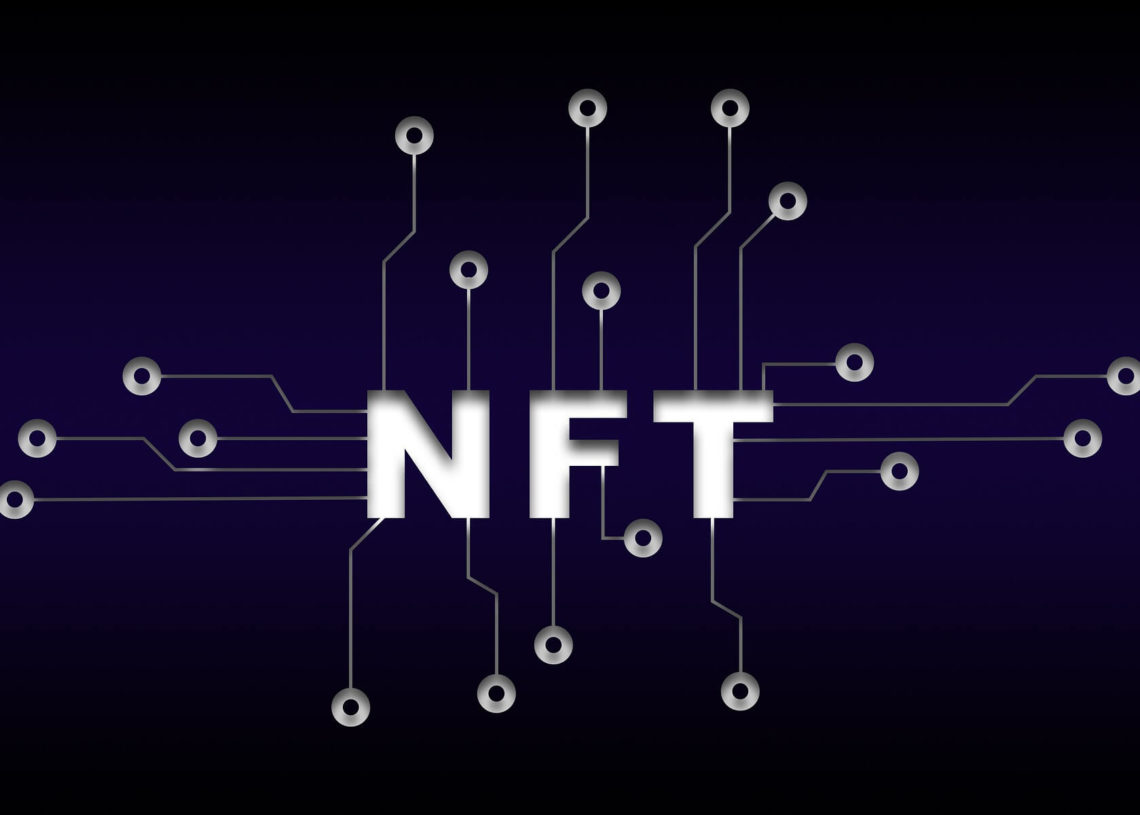Introduction.
In recent years, the world has witnessed the rise of NFTs, or Non-Fungible Tokens, which have revolutionized the digital art and collectibles industry. NFTs have opened up a new realm of possibilities for artists, creators, and collectors alike. In this article, we will explore the concept of NFTs and delve into the role of NFT generator apps in this exciting digital landscape.
What is an NFT?
NFT stands for Non-Fungible Token. Unlike cryptocurrencies such as Bitcoin or Ethereum, which are fungible and can be exchanged on a one-to-one basis, NFTs are unique and indivisible digital assets. Each NFT is distinct and represents ownership of a specific piece of digital content, be it artwork, music, videos, or virtual real estate.
How Does NFT Work?
NFTs utilize blockchain technology to establish ownership and provenance. They are typically built on the Ethereum blockchain, which provides a decentralized and transparent infrastructure for NFT creation and trading. Smart contracts are employed to store unique information about each NFT, including details about the creator, the content itself, and its transaction history.
NFT Creator Platforms.
Various platforms have emerged to cater to the growing demand for NFT creation and distribution. These platforms, such as https://imintify.com, offer user-friendly interfaces that allow artists and creators to mint their own NFTs without extensive technical knowledge. This platforms provide a marketplace for buyers to discover and purchase NFTs, fueling the growth of the NFT ecosystem.
Benefits of NFTs.
NFTs offer several advantages for both creators and collectors. For creators, NFTs provide a direct path to monetizing their digital creations without the need for intermediaries. They can earn royalties each time their NFT is resold, ensuring a continuous revenue stream. Collectors, on the other hand, gain ownership of unique digital assets, immersing themselves in a thriving community of like-minded enthusiasts while supporting their favorite artists.
Challenges of NFTs.
Despite their rapid growth, NFTs face certain challenges. One concern is the environmental impact of the energy-intensive blockchain networks on which most NFTs are built. Additionally, issues related to copyright infringement, plagiarism, and the authenticity of digital assets pose hurdles that need to be addressed to ensure the long-term viability of the NFT market.
The Future of NFTs.
The future of NFTs is undoubtedly promising. As the technology matures and evolves, we can expect increased accessibility, improved scalability, and reduced environmental impact. NFTs have the potential to disrupt not only the art and collectibles market but also industries such as gaming, virtual reality, and decentralized finance. The possibilities are vast, and the future of NFTs holds immense potential.
Conclusion:
In conclusion, NFTs have emerged as a groundbreaking innovation in the digital world, offering artists, creators, and collectors unprecedented opportunities. These unique digital assets, represented by Non-Fungible Tokens, have transformed the way we perceive and value digital content. With the help of blockchain technology, NFTs provide verifiable ownership, provenance, and the potential for continuous revenue streams for creators.
The rise of NFT creator apps have made it easier for artists to enter the world of NFTs and monetize their digital creations. From artwork to music, videos, and virtual real estate, creators can leverage these platforms to mint and sell their NFTs, engaging with a global audience of collectors and enthusiasts.
While NFTs offer several benefits, such as direct monetization and a thriving community, challenges such as environmental concerns and issues related to authenticity and copyright need to be addressed. The industry must work towards more sustainable blockchain solutions and robust mechanisms to protect creators’ rights and maintain trust within the NFT market.
Looking ahead, the future of NFTs holds immense potential. As the technology matures, we can expect greater accessibility, scalability, and integration into various industries. Overall, NFTs have the power to reshape not only the art and collectibles market but also gaming, virtual reality, and decentralized finance.










